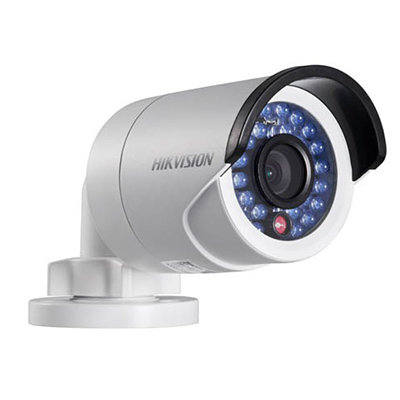IP audio and control specialist Barix introduces a unique solution helping media companies, businesses and other multi-site network users to route multicast traffic over remote network links, enabling bandwidth-efficient, multicast delivery over the public internet.
Multicast uses special destination addresses to target groups of subscribed devices, and deliver data and streams such as voice (general paging) and audio (background music). In contrast to standard connections where each device needs its own stream, multicast data distribution requires only a single stream to send the same content to any number of receivers on the same network segment, minimising bandwidth and network usage. Multicast delivery is traditionally limited to private, in-house networks as Internet Service Providers block multicast traffic on normal Internet connections.
Barix has developed a unique multicast routing and tunnelling firmware that turns its Barionet IP control devices into flexible, multisite multicast routers — effectively enabling delivery of multicast traffic over the public internet to remote locations. The solution forwards multicast IP blocks to remote receiving devices, re-packed as unicast streams. The receiving devices then re-issue the packets as multicast on the destination network.
“This solution addresses challenging situations for systems integrators and network operators that want to use multicast transport between subnets but have previously been blocked from doing so,” said Johannes G. Rietschel, CEO and Founder of Barix AG. “We are effectively bridging multiple multicast groups between multiple sites for general data and our specialty, Audio over IP, preserving network bandwidth and increasing the efficiency of remote communication.”
Using Multicast, system integrators can configure Barix IP Audio systems with more flexibility and less labour as streams are concurrently distributed to many nodes using IP multicast delivery. This minimises streaming bandwidth requirements and simplifies configuration; it is not necessary to know the IP address of each individual receiver on the network. Instead, subscription protocols are employed so that relevant receivers – such as a Barix Exstreamer IP audio decoder – receive relevant streams, even if they use dynamic, unknown IP addresses.
The Barix multicast routing and tunnelling solution can be deployed across a large number of scenarios as functionality is independent of actual protocols. This enables the firmware to be used alongside automation, IP audio, video, VoIP, SIP or RTP streams, for example. Furthermore, the entire operation can be monitored over SNMP to enable a complete bird’s eye view of system efficiency.























